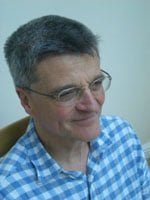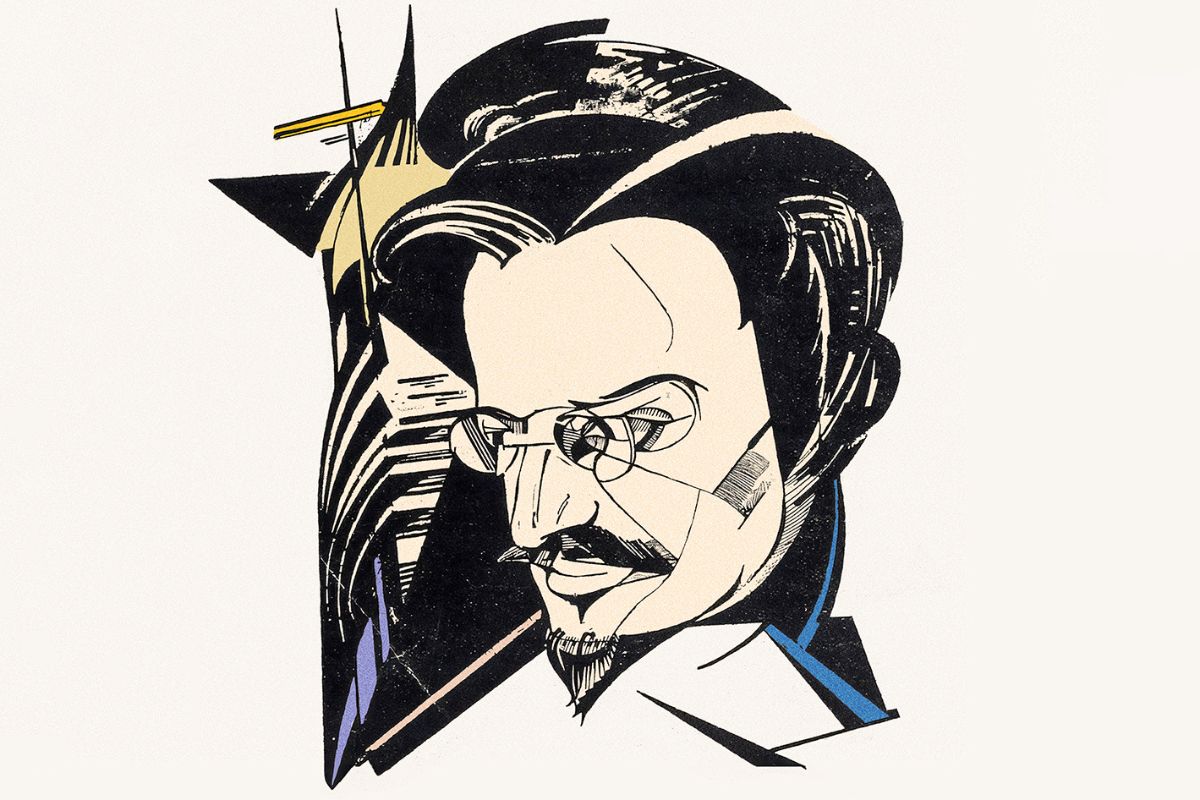Andrew Glyn died from a brain tumour on 22 December 2007. He was 64 years old. A fellow of Corpus ChristiCollege
in Oxford since
1969, he was a leading socialist economist for all that time.
Andrew left a wealth
of important writing that analysed the development of post-war capitalism. His best-known works were British capitalism, workers and the profits
squeeze with Bob Sutcliffe in 1972; Capitalism
since 1945 with Phil Armstrong and the late John Harrison in 1984 and most
recently, Capitalism Unleashed
(2006), reviewed earlier.
In those books, Andrew explained how
capitalism expanded after 1945 and, in the case of Britain, eventually moved into
crisis in the 1970s, leading to major confrontations between big business and
the trade unions. The 1970s were a
period of social upheaval as big business tried to drive back the labour movement
and restore its profitability from the low levels it was experiencing by then
as the Golden Age of Capitalism (1948-74) came to an end.
His later works dealt with how the
capitalist ruling class (both big business and the politicians) organised to
defeat the labour movement in Britain (the miners’ strike in 1984-5 being “the
decisive turning point”, as Andrew correctly argued) and in the US (as Reagan
and monetarism began to replace Keynesianism and the Great Society of Lyndon
Johnson). The gains of labour and the
welfare state were brutally and callously reversed over the next two decades
from the 1980s onwards.
But Andrew was no academic in an ivory
tower. Although he came from a
privileged background – his father was banker and he went to Eton – he
dedicated himself to the labour movement, participating in a practical way in
many struggles over those years, including the miners’ strike, the anti-poll
tax campaign and many others.
Andrew became an advisor to the National
Union of Mineworkers and developed research to defend their cause. He wrote an excellent pamphlet that defended
the position of the miners and exposed the false arguments of Thatcher about
the finances of coal.
As we now experience $100 per barrel oil
prices and record high energy prices to heat our homes or get to work, while
decades of coal reserves remain underneath us, we should consider the new
technologies available to extract coal without damage to the environment and to
miners. Those technologies could have
been developed then, instead of closing the mines, putting thousands out of
work and ruining many families for many years.
He became closely associated with the
Marxist tendency in the Labour Party built around the Militant newspaper, which
is where I came into contact with him.
And he came to be known by many Militant supporters at study meetings,
conferences and in articles that he contributed to the development of the tendency.
In those early years of the 1970s, there
were not many economists who considered themselves socialists (there are
probably even less now!). But those that
did were usually wedded to reformist or stalinist ideas. Andrew was one of the few that stood for
workers’ democracy and Trotskyism. It is
this part of his contribution that has been quietly ignored by the obituaries
you can read in the capitalist press (and even many of the socialist journals).
In the 1970s, Andrew also contributed to
the debate about Marxist economic ideas.
The capitalist economists continued to dismiss Marxist explanations of
capitalist development and particularly booms and slumps. They preferred the explanation that crises
could be evened out by government taxation or spending (as Keynes believed). Others took the view the view that capitalist
did not breed inherent crises. These only happened because trade unions and the
labour movement held a ‘monopoly’ over wages levels. So the best way to end a crisis was for
workers to accept massive cuts in their living standards and for the government
to do nothing but preserve ‘law and order’.
Andrew argued that capitalism was
incompatible with decent conditions for workers and the end of poverty. In this, of course, he was right. However, his analysis of capitalism was flawed,
in my view, by his conviction that the ‘classical’ capitalist economist, David
Ricardo, was more theoretically right than Marx.
By that I mean that Andrew argued that
Marx’s categories to explain the booms and slumps in capitalism were
wrong. In his 1972 book (and in the
debates that he had with many of us ‘orthodox’ Marxists in the 1970s), he
argued that Marx’s view (that capitalism led to a rising organic composition of
capital that would eventually squeeze capitalist profitability) was both wrong
theoretically and empirically.
As he said recently, just before he died, “I
placed strong emphasis on the relations between capital and labour. It is still my view that as labour’s position
became stronger in the long boom… the strength of labour forced an increase in
real wages at the expense of profits. For
me, that was the most important cause of the transition from the golden age to
an era of instability”. This is pure
Ricardo, not Marx.
Andrew adopted an approach that many
socialist economists have done when convinced more by bourgeois economics than
Marxist value theory: “I
don’t believe, as I used to, that Marx’s concepts should be applied too
literally to economic data. I prefer the
view… that Marx’s analysis should inform one’s way of looking at the world
and the questions one asks".
Andrew’s position opens him up to the
charge that capitalism could solve its problems if it could get wages (or the
share of labour in national output) down – exactly what the followers of
Ricardo argued. Strong productivity
growth through investment in new technology plus vicious attacks on the labour
movement could do it – and was achieved in the 1980s and 1990s.
But Marx argued that, even then, capitalism
cannot grow without crises. Rising
productivity would come at the expense of falling profitability as the ratio of
capital invested in machinery and plant mounted relative to that invested in
the workforce – the only investment that generates new value. For Marx, falling profitability leads to a
rising share of labour in production, not vice versa. Thus cutting wages will not save capitalism
from crisis.
Subsequent research and debate among
Marxist economists have now shown that Marx did have a consistent theory that
was not flawed as Andrew thought (see my review of Kliman’s recent book)– and moreover, empirical evidence increasingly supports Marx’s analysis of
capitalist crises (see recent pieces, for instance).
But these differences are secondary to the
memory of Andrew as a great educator and fighter for socialism committed to the
struggles of working people and the labour movement. We will miss him badly.






